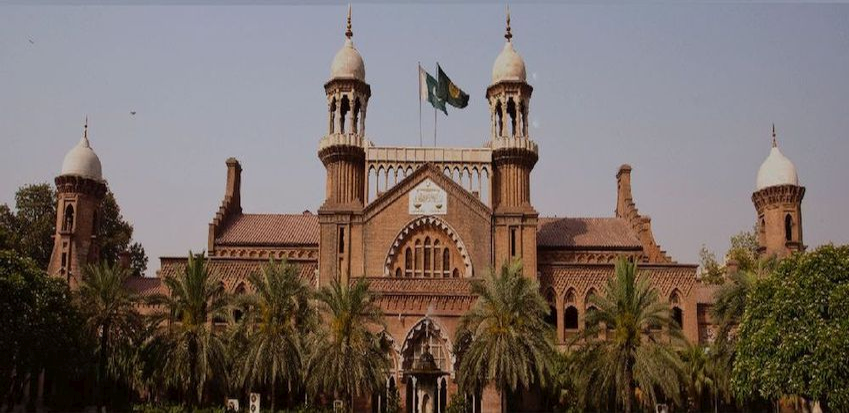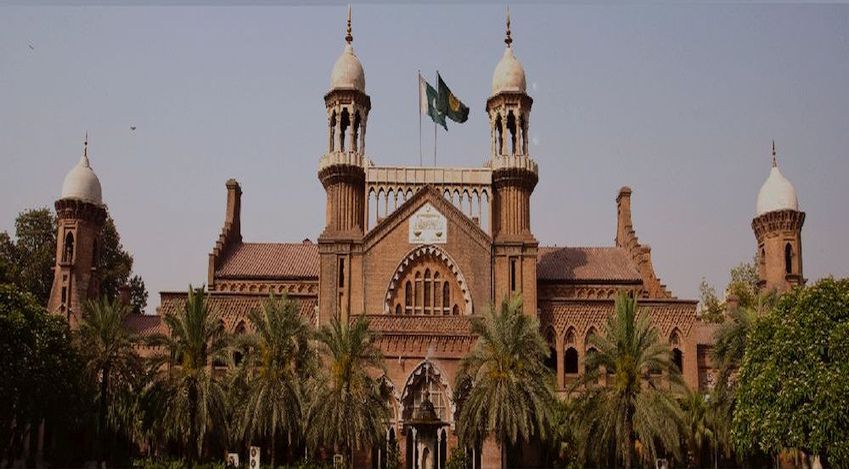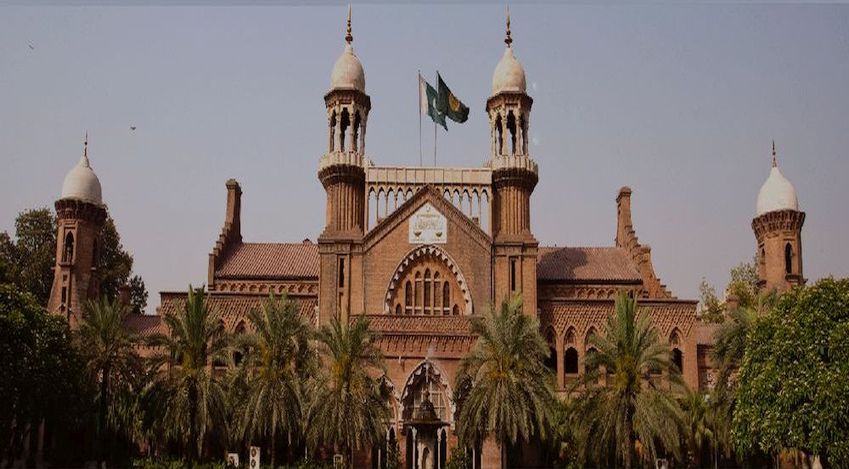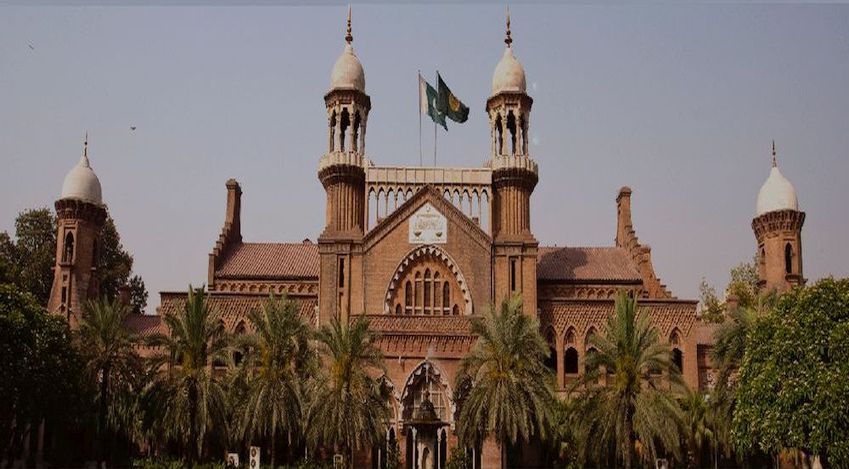The Statutory 10% Annual Increase in Maintenance Allowances for Wives and Children, must be calculated on a Compound Basis unless Otherwise Specified --- Lahore High Court, Lahore
Islamabad 12-10-2024: The Lahore High Court, in a landmark judgment Saba Gul & 02 others Vs. Additional District Judge, Faisalabad & 02 others [W.P. No. 7340/2024], ruled that the statutory 10% annual increase in maintenance allowances for wives and children, as prescribed under Section 17-A(3) of the Family Courts Act, 1964, must be calculated on a compound basis unless otherwise specified. The decision has significant implications for the interpretation of maintenance decrees and the protection of women and children’s rights in Pakistan.
The case originated from a dispute over the method of calculating the statutory annual increase in maintenance allowances. The Respondent argued that the 10% annual increase should be applied on a non-compound basis, maintaining that such a calculation would be in line with the legislative intent and the financial capacity of the payer. On the other hand, the Petitioners contended that the increase should be calculated on a compound basis to reflect inflationary trends and growing needs, ensuring a fair and equitable maintenance amount over time.
The central question before the Lahore High Court was whether the statutory annual increase of 10% in maintenance allowance ordained in Section 17-A(3) of the Family Courts Act should be calculated on a compound or non-compound basis. Mr. Justice Abid Hussain Chattha, in his detailed judgment, emphasized the need for a liberal and beneficial interpretation of Section 17-A(3), considering it a remedial provision aimed at protecting the interests of vulnerable classes, such as women and children.
The Court observed that Section 17-A(3) does not explicitly state whether the annual increase should be compoundable or non-compoundable. However, after examining the legislative intent and the purpose of the provision, the Court ruled that the annual increase should be calculated on a compound basis. This interpretation aligns with the broader objectives of the Family Courts Act, which seeks to ensure the welfare and subsistence of women and children by adjusting maintenance amounts in line with real-time inflation and increased cost of living.
The Lahore High Court’s ruling set aside the decisions of the lower Courts, which had rejected the Petitioners’ contention for compound calculations. The Court directed the Executing Court to enforce the decree under execution on a compound basis. It clarified that this judgment would only apply to pending cases and would not disturb past and closed proceedings that have attained finality.
The judgment relied on various precedents, including Saif-ur-Rehman Vs. Additional District Judge, Toba Tek Singh and 2 others [2018 SCMR 1885], which emphasized that maintenance allowances should be interpreted in favor of those entitled to receive them. Additionally, the Court drew comparisons to rent laws and financial statutes that allow for compound calculations, reinforcing its decision.
In doing so, the Court concluded that compound calculations for annual increases better reflect the changing financial needs and inflationary pressures faced by decree holders, thereby reducing the need for frequent litigation and providing financial stability for dependents.
Recognizing the ambiguity in Section 17-A(3) of the Family Courts Act, 1964, the Court directed the Registrar to forward a copy of the judgment to the Secretary Law, Government of Punjab, for consideration of appropriate amendments to bring clarity to the law. This step is aimed at ensuring that future cases have a clear legislative framework guiding the calculation of maintenance allowances.
The decision by the Lahore High Court marks a significant development in the interpretation of family laws in Pakistan, setting a precedent for future cases involving maintenance allowances. By endorsing compound calculations, the Court has ensured a more equitable approach to the financial support of wives and children, reflecting a deeper understanding of inflationary trends and the true value of money over time. This ruling will likely influence the execution of maintenance decrees across Punjab, promoting the welfare of those entitled to receive maintenance under the law.
Powered by Froala Editor








